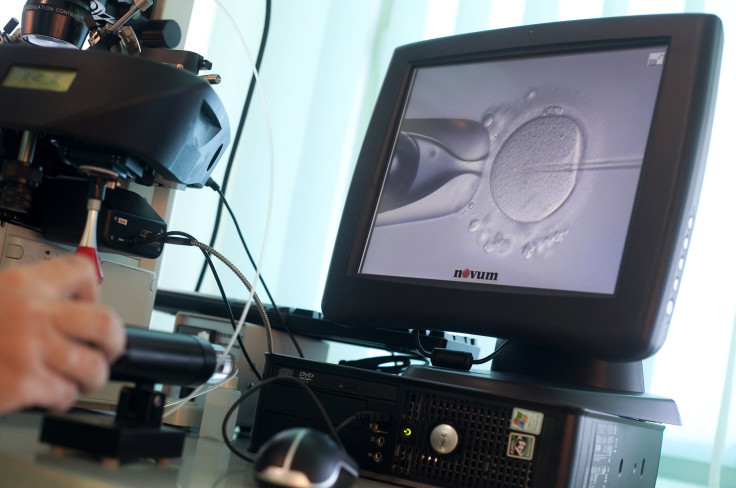IVF patients now have the same chances of having a baby as naturally fertile women

British scientists have developed an affordable test that greatly increases the chances of conception for IVF patients. The team of researchers, led by Elpida Fragouli, have said that the test could be made available in six months. Chances of pregnancy for 35-year-old women can be increased to nearly 75 per cent by seeking unusual levels of mitochondrial DNA in embryos before implantation. This increases the odds of patients to have a baby up to the same levels as naturally fertile couples.
Mitochondrial DNA functions as the powerhouse of the cell. Scientists believe that too much of it means that the embryo is trying to create more energy to compensate for a struggle. Currently, only chromosome levels can be checked under a microscope by studying the embryos to pick those with the best possible chances of implant and survival. The test enables doctors to check for mitochondrial DNA levels simultaneously with chromosomes, remove embryos that are defective and increase implant rate to about 75 per cent.
The new test, costing £200 (AU$420), adds little to the total IVF cost, and is already being used at clinics in the US. Scientists are hopeful of approval by the British IVF regulator, the Human Fertilisation and Embryology Authority, within the coming months for use in Britain.
Dagan Wells, from the National Institute for Health Research Oxford Biomedical Research Centre, said, “IVF has been tremendously successful. If you go into any classroom at least one child will have been born through IVF. However it is still the case that many patients don't get pregnant, and some patients have many cycles and never come away with a baby,” The Telegraph reports. “That has high emotional and financial implications. There is a great desire to make IVF process less of a roller-coaster and give more certainty to the outcome.”
Contact the writer at feedback@ibtimes.com.au, or let us know what you think below






